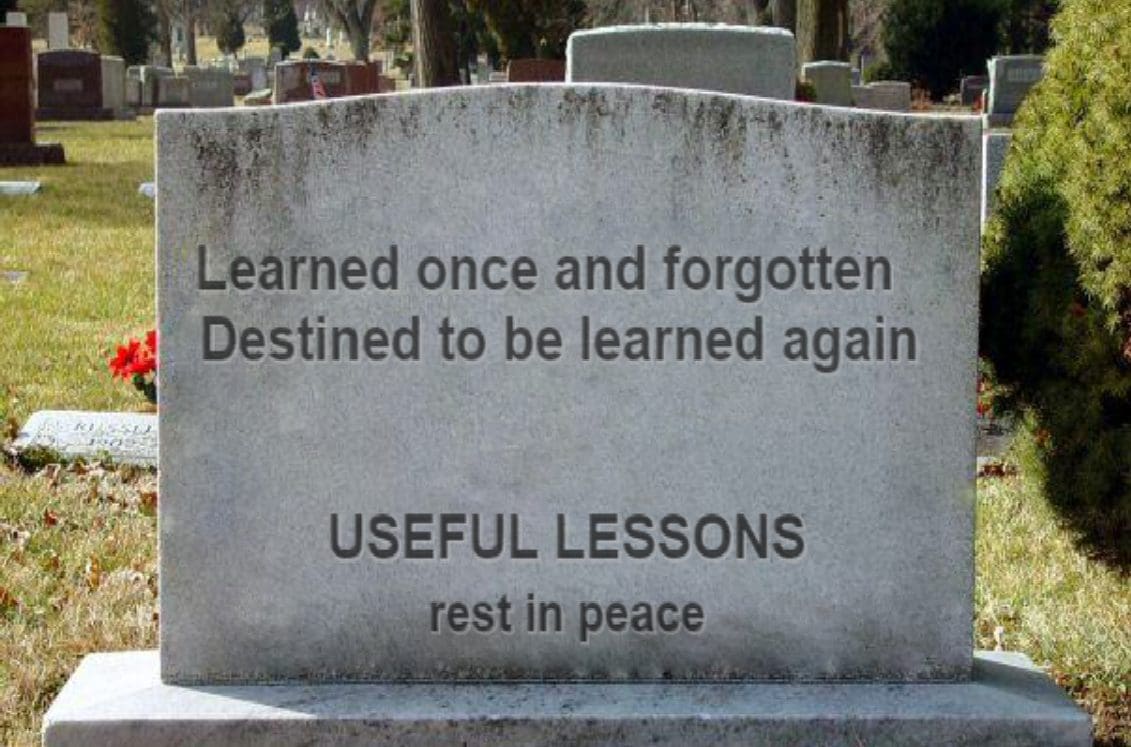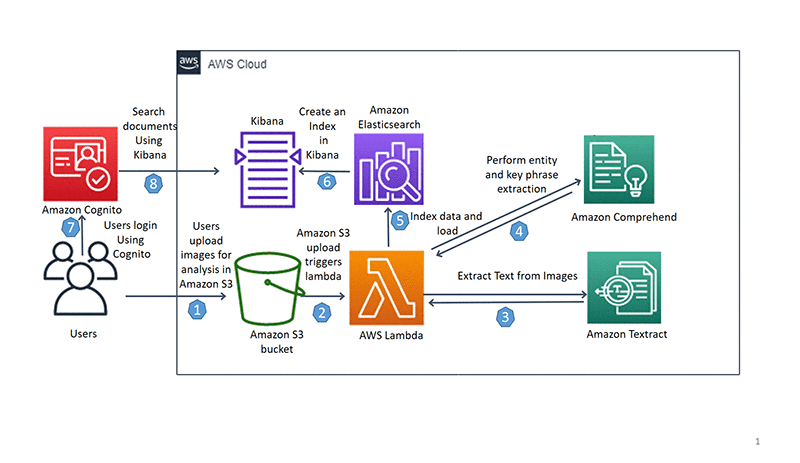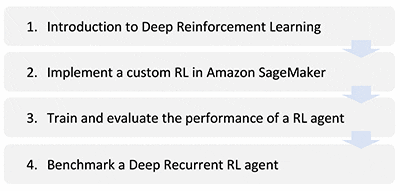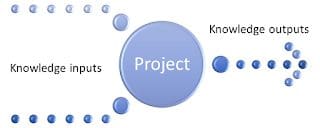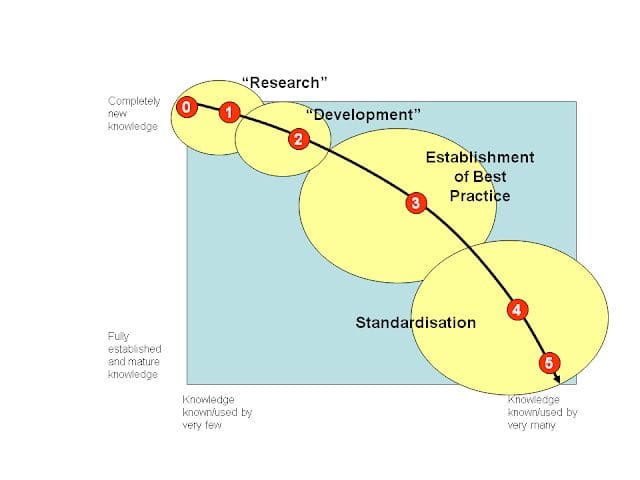
Favorite Business in a world of change is a learning race. The winner is the organisation that can develop and mature knowledge more quickly than the competition, bringing new and improved products and processes into the market first, and so gaining First Learner Advantage. Therefore one way of viewing Knowledge
Read More
 Shared by Nick Milton November 29, 2019
Shared by Nick Milton November 29, 2019
Favorite How do you structure your knowledge store? There are 3 options, but one is far better than the other two in meeting the needs of the knowledge seeker. Image from Robins.af.mil There are three ways to organise your knowledge store. You can organise it by operational units, so that
Read More
 Shared by Nick Milton November 28, 2019
Shared by Nick Milton November 28, 2019

Favorite We are happy to announce that Amazon Forecast can now generate forecasts at a quantile of your choice. Launched at re:Invent 2018, and generally available since Aug 2019, Forecast is a fully managed service that uses machine learning (ML) to generate highly accurate forecasts, without requiring any prior ML
Read More
 Shared by AWS Machine Learning November 27, 2019
Shared by AWS Machine Learning November 27, 2019

Favorite Probably the worst place to store project lessons is to leave them in the End of Project Report. Tombstone created using http://tombgen.appspot.com/ I know this is still the default approach for many project organisations, and 19% organisations who run KM programs still use this approach (according to our KM survey).
Read More
 Shared by Nick Milton November 27, 2019
Shared by Nick Milton November 27, 2019

Favorite Today AWS announced new ways for you to easily add machine learning (ML) predictions to applications and business intelligence (BI) dashboards using relational data in your Amazon Aurora database and unstructured data in Amazon S3, by simply adding a few statements to your SQL (structured query language) queries and
Read More
 Shared by AWS Machine Learning November 26, 2019
Shared by AWS Machine Learning November 26, 2019

Favorite Organizations in all industries have a large number of physical documents. It can be difficult to extract text from a scanned document when it contains formats such as tables, forms, paragraphs, and check boxes. Organizations have been addressing these problems with Optical Character Recognition (OCR) technology, but it requires
Read More
 Shared by AWS Machine Learning November 26, 2019
Shared by AWS Machine Learning November 26, 2019

Favorite Machine learning (ML) is routinely used in every sector to make predictions. But beyond simple predictions, making decisions is more complicated because non-optimal short-term decisions are sometimes preferred or even necessary to enable long-term, strategic goals. Optimizing policies to make sequential decisions toward a long-term objective can be learned
Read More
 Shared by AWS Machine Learning November 26, 2019
Shared by AWS Machine Learning November 26, 2019

Favorite Businesses are increasingly developing per-user machine learning (ML) models instead of cohort or segment-based models. They train anywhere from hundreds to hundreds of thousands of custom models based on individual user data. For example, a music streaming service trains custom models based on each listener’s music history to personalize
Read More
 Shared by AWS Machine Learning November 26, 2019
Shared by AWS Machine Learning November 26, 2019

Favorite All projects deliver not just a product, but knowledge as well, and there needs to be a clear understanding of what form that knowledge will take. Part of any Knowledge Management policy therefore has to be a definition of the expected knowledge output from project work. This knowledge output
Read More
 Shared by Nick Milton November 26, 2019
Shared by Nick Milton November 26, 2019

Favorite Today, Amazon Web Services (AWS) announced Amazon Rekognition Custom Labels, a new feature of Amazon Rekognition that enables customers to build their own specialized machine learning (ML) based image analysis capabilities to detect unique objects and scenes integral to their specific use case. For example, customers using Amazon Rekognition
Read More
 Shared by AWS Machine Learning November 25, 2019
Shared by AWS Machine Learning November 25, 2019
![]() Shared by Nick Milton November 29, 2019
Shared by Nick Milton November 29, 2019


